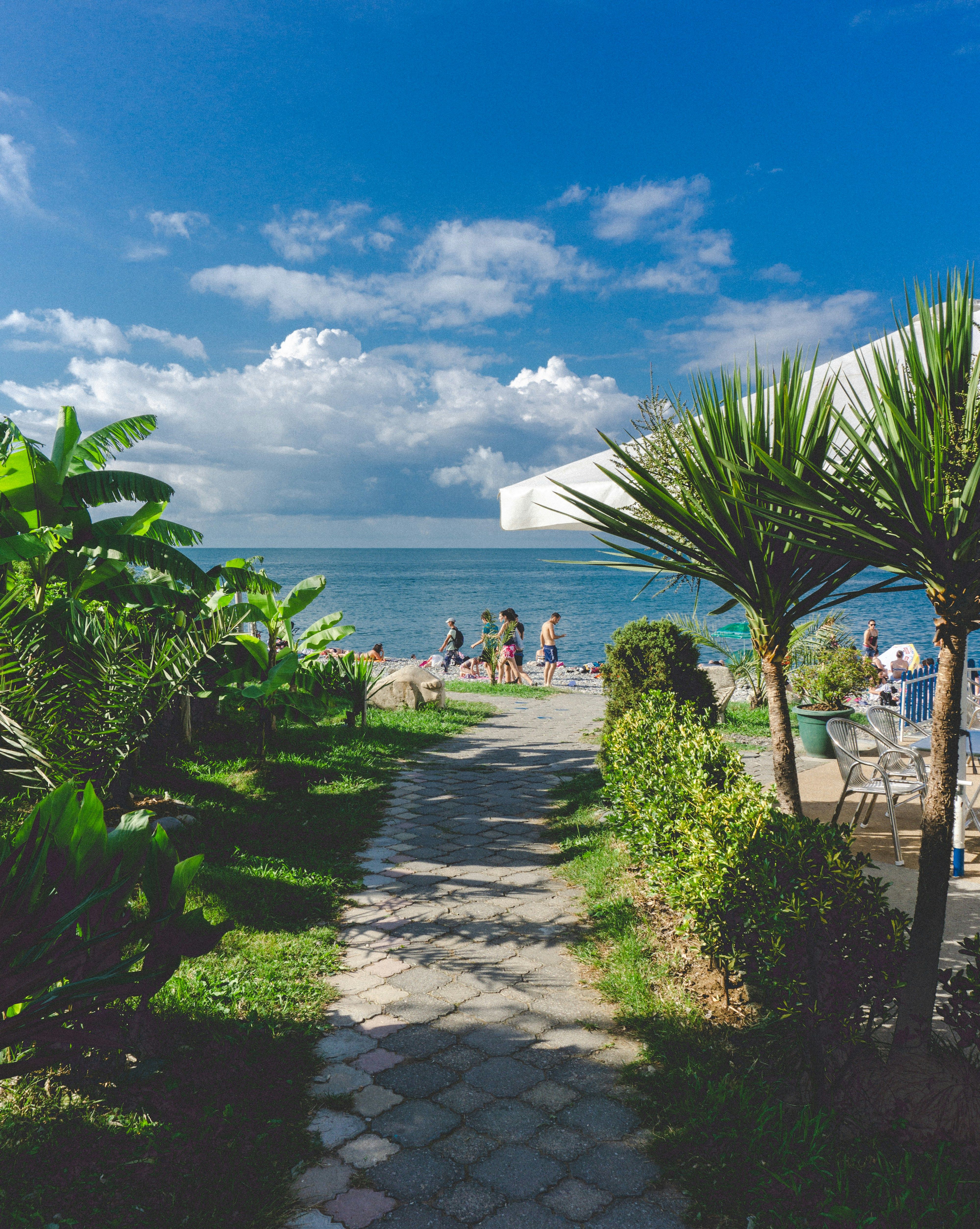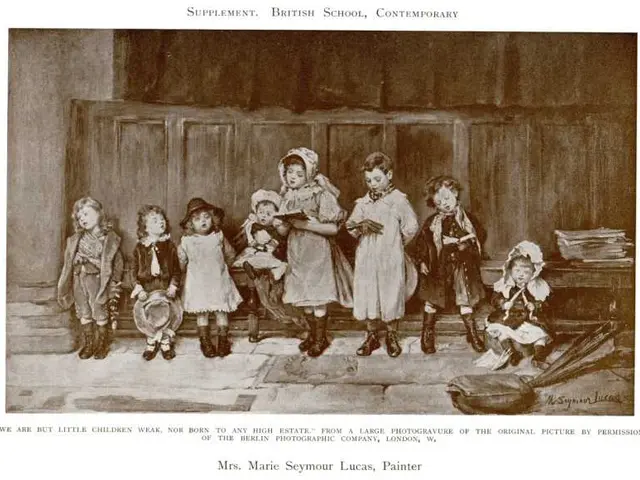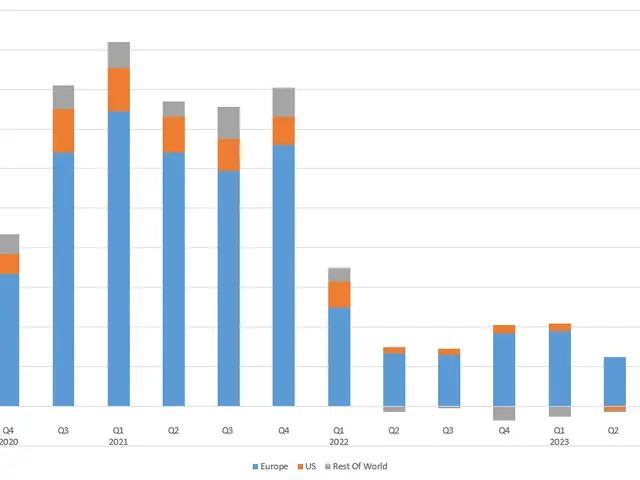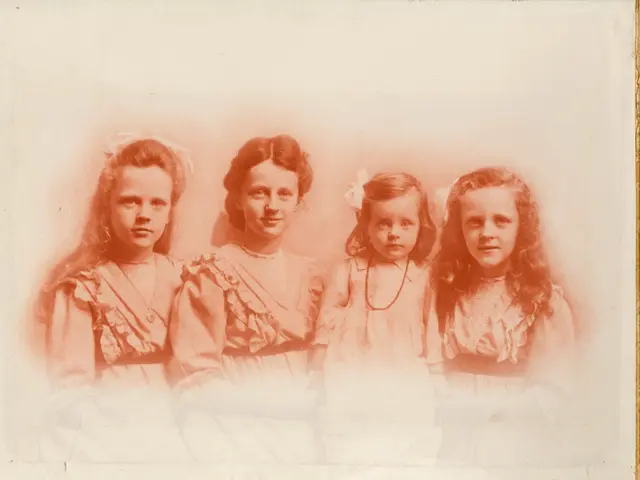Children in Refugee Situations in Armenia Receiving Inadequate Education - Findings from UNICEF Report
Refugee Children in Armenia from Nagorno-Karabakh Face Challenges in Accessing Education and Mental Health Support, According to UNICEF Report
According to the UNICEF Armenia Humanitarian Situation Report, over 36,000 children from Nagorno-Karabakh have become refugees since Azerbaijani forces reconquered the region in 2023. Among these, 16,232 refugee children are enrolled in schools, with another 1,617 high school-aged children attending vocational programs.
The report expresses concern over the deteriorating levels of school enrolment and attendance, especially in upper secondary education for refugee children, and the low learning outcomes for some children, including a lack of minimum reading proficiency at the end of primary school. UNICEF has commended the efforts made by the Government of Armenia to incorporate refugee children into the educational system but notes the need for improved integration.
Mental health services are also crucial for the refugee children, as many have faced trauma and stress. Since the onset of the refugee crisis, 34,712 children, adolescents, and caregivers have received mental health and psychosocial support. UNICEF has adapted the focus of its mental health services to meet the growing demand for specialized treatments such as PTSD treatment and individual psychotherapeutic support.
Most of the refugees have taken up residence in Yerevan and its surroundings, where they can live in more favorable conditions compared to rural communities. The UNICEF report notes that many of the refugee children are in dire need of mental health services.
The challenges faced by refugee children in accessing education and mental health support are not unique to this situation. Typically, refugee children face language barriers, cultural differences, and lack of resources in host countries, making them vulnerable to falling through the educational cracks. It is essential for organizations like UNICEF to implement programs catering to the specific needs of refugee children, including inclusive education programs, non-formal education, counseling services, community outreach programs, and psycho-social rehabilitation.
For accurate and up-to-date information on the UNICEF Armenia Humanitarian Situation Report, readers are advised to consult the official UNICEF Armenia website or contact them directly.
In light of the UNICEF Armenia Humanitarian Situation Report, it's been noted that various challenges impede refugee children from Nagorno-Karabakh's access to both education and mental health support. To address these issues, it's crucial for organizations like UNICEF to establish programs that cater to these children's specific needs, encompassing inclusive education, mental health services, counseling, community outreach, and psycho-social rehabilitation.






